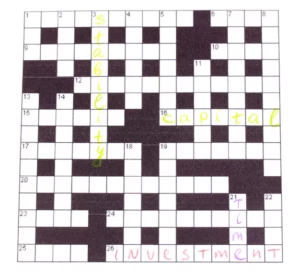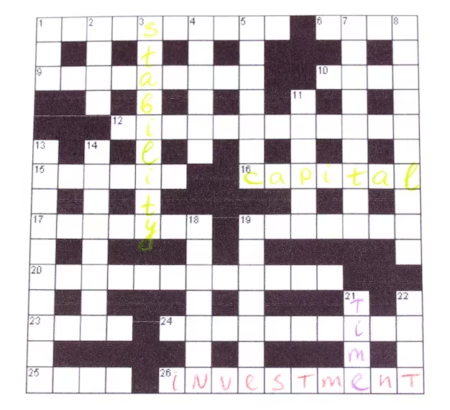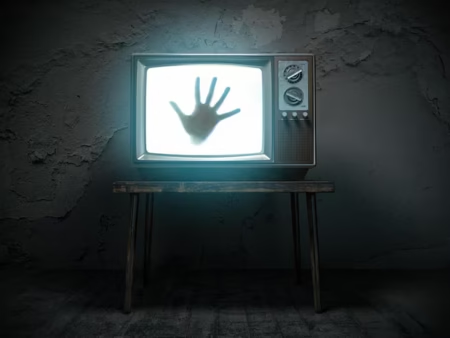There’s a quiet magic in the promise of something just out of reach—like sunlight spilling through a half-closed door, or a secret whispered but never explained. To “dangle a carrot” is to awaken a hunger, to stir an ache, to make the heart run faster than the feet can follow. And when the carrot is dangled before the mighty New York Times? The game becomes art.
The Origin of the Phrase
Born in the dusty trails of old-world farming, the phrase speaks of a donkey urged forward by a carrot hanging in the air. The lesson? Desire can move the stubborn and promises can lead the lost.
Why “Dangle a Carrot” Captivates the Human Spirit
Because we are creatures of longing. Because the hope of “almost” tastes sweeter than the feast itself. The carrot becomes more than food—it becomes a story, a dream, a reason to rise from bed.
The Psychological Pull of the Carrot
Curiosity as a Driving Force
The human mind cannot resist an unfinished sentence. A headline with missing pieces becomes a puzzle we are desperate to solve.
Hope, Hunger, and the Chase
The carrot whispers, “Just one more step,” and we obey.
The New York Times and the Temptation of the Unseen
Journalism’s Eternal Carrot
The NYT has mastered the art of offering a taste without serving the meal.
The Dance Between Reader and Story
Every headline, every image, every half-revealed truth is a waltz between curiosity and revelation.
Metaphors that Move Mountains
The Carrot in Literature
From Dickens’ promises to Orwell’s warnings, the carrot has always danced on the page.
Political Carrots and Social Promises
Nations are built and broken on the back of “just around the corner.”
When the Carrot Becomes a Mirage
The Sweetness of Almost
Sometimes, the chase itself is the gift.
Disappointment in the Chase
Other times, the carrot turns to dust in our hands.
Lessons from the Carrot Game
Patience vs. Manipulation
Knowing when the carrot is motivation—and when it is deception—is wisdom.
When to Chase and When to Let Go
Some carrots aren’t worth the miles.
The Carrot in Modern Culture
Marketing and Consumer Desire
Every ad you’ve ever seen? A carrot on a stick.
Digital Carrots in the Age of Clickbait
The modern scroll is just a field of dangling carrots.
NYT’s Mastery of the Tease
Headlines as Lures
They hold the reader with a single phrase, the way a flame holds a moth.
The Promise of Truth Just Out of Reach
They know we will follow.
The Emotional High of Pursuit
Anticipation as a Pleasure in Itself
Waiting becomes intoxicating.
Stories that Keep Us Hooked
The carrot keeps us coming back for more.
Turning the Carrot Into Reality
Achieving the Goal
Finally catching the carrot is victory—but also ending.
The Bittersweet Taste of Attainment
For once the chase ends, so does the magic.
The Fine Line Between Motivation and Manipulation
Ethical Storytelling
A good carrot feeds the soul, not just the ego.
Respecting the Reader’s Trust
Every story is a pact.
Carrots in Everyday Life
Personal Goals and Dreams
We dangle our own carrots before ourselves every day.
Love, Friendship, and the Allure of the Uncertain
The heart chases what the mind cannot define.
The Carrot That Changed History
Famous Moments Fueled by Promises
Every revolution, every invention, every leap forward born of a carrot in the distance.
How to Recognize When You’re Chasing a Carrot
Signs You’re Being Teased
If the goal keeps moving, the stick might be longer than you think.
Taking Back Control
Sometimes, you can grow your own carrot.
Conclusion – The Beauty and Danger of the Carrot
The carrot is both a compass and a cage. It can lead us to greatness—or keep us running in circles. The art lies in knowing which is which. In the end, the carrot doesn’t just change where we go—it changes who we are.
FAQs
-
What does “dangle a carrot” mean in journalism?
It means offering a tempting story or detail to keep readers engaged, often without giving the full answer immediately. -
Why is the NYT associated with this phrase?
The New York Times often uses compelling headlines and story structures that create anticipation. -
Is dangling a carrot manipulative?
It can be—if the goal is never meant to be reached. -
Can the chase be more rewarding than the goal?
Often, yes. Anticipation can bring more joy than the actual achievement. -
How can I avoid chasing empty carrots?
Learn to question whether the promise is real or just a distraction.








